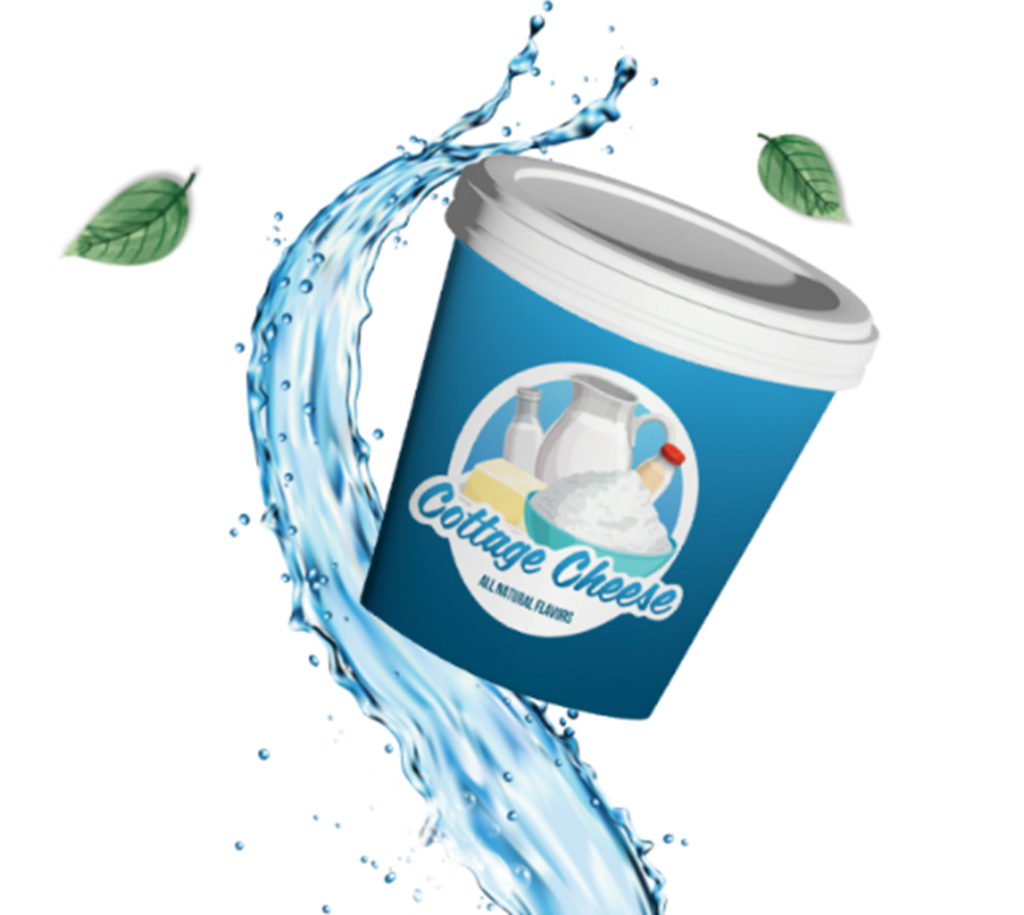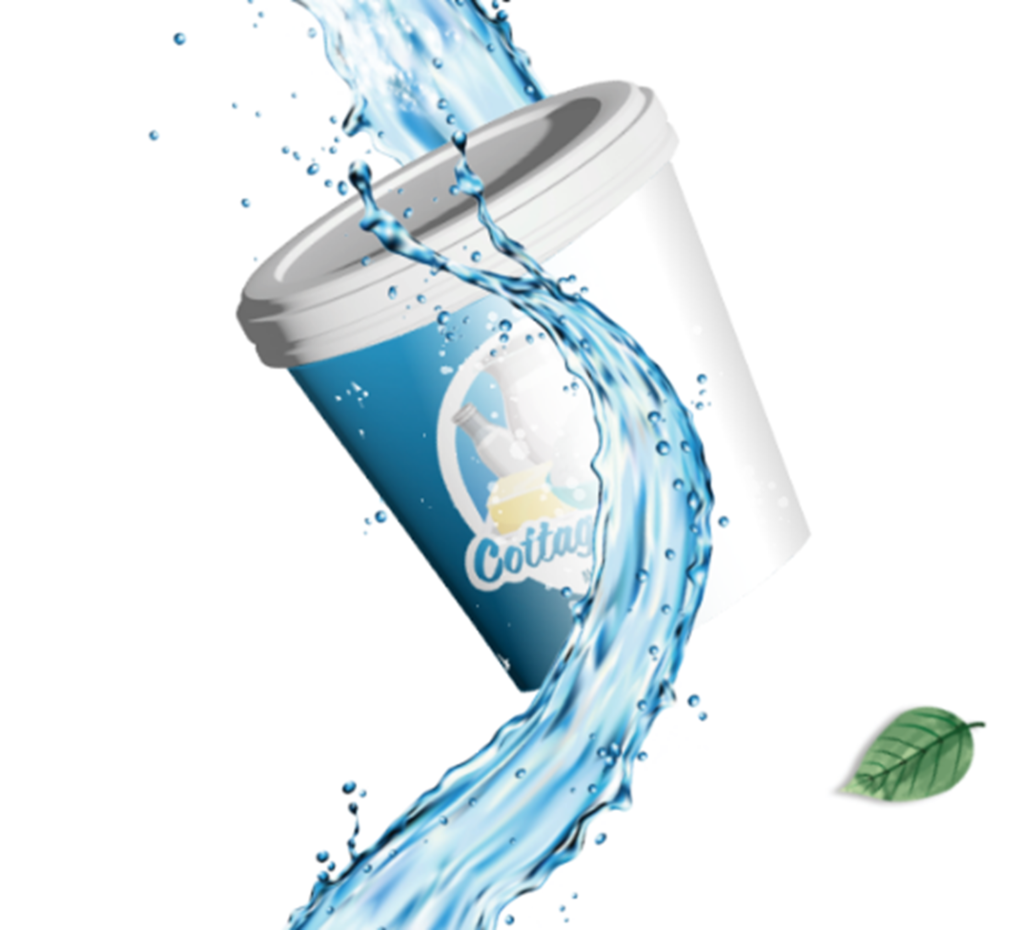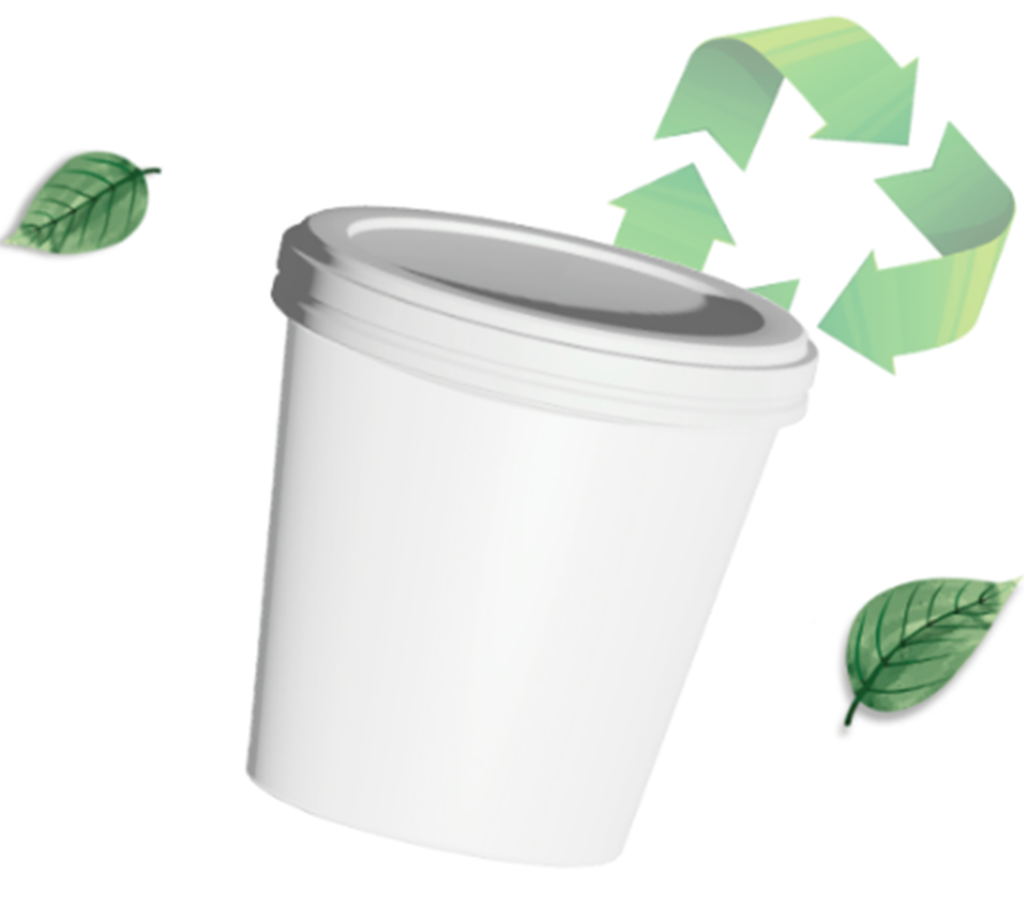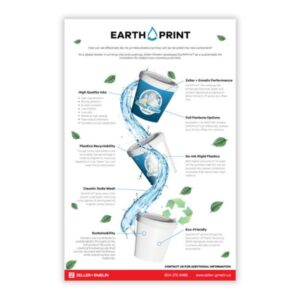Désencrer les plastiques rigides avec les encres écologiques EarthPrint
Il y a des années, les fabricants d'encres ont été chargés de relever le défi de formuler des encres robustes pour les plastiques rigides qui adhèrent incroyablement et ne se lavent jamais. Maintenant, les producteurs d'encre sont confrontés à l'exact opposé! Les exigences de durabilité et l'instabilité de la chaîne d'approvisionnement amplifient le besoin de matériaux recyclés, Le défi devient «Comment pouvons-nous désincuser efficacement les plastiques imprimés afin qu'ils puissent être recyclés dans de nouveaux conteneurs?"
En tant que leader mondial des encres d'impression et des revêtements, Zeller+Gmelin a développé EarthPrint™ en tant qu'innovation d'encre durable pour les imprimeurs soucieux de l'environnement d'aujourd'hui. Dans ce blog, nous discuterons des propriétés d'encrage et de désencrage des encres offset sèches EarthPrint et de l'impact qu'elles peuvent avoir sur l'impression et la production durables de plastiques rigides.
Encrez-le
Les encres de décalage sèche respectueuses de l'environnement de la Terre ont été formulées par Z + G pour la plus grande recyclabilité, Tout en fournissant les mêmes propriétés de couleur et d'adhésion de haute qualité.
Les encres Earthprint ™ incarnent le produit chimique amélioré, Propriétés de résistance à l'eau et aux rayures de Zeller + Gmelin 71 série encres offset à sec. Bien que capable de se décocher complètement dans un lavage de soda caustique, Earthprint ™ adhère à l'inverse aux plastiques rigides avec une grande force et pigmentation. Bénéficiant d'odeurs faibles et de faibles propriétés de brumisation, Ces encres décalées sèches restent stables à des vitesses de presse élevées avec une chimie radicale libre et d'excellentes capacités de durcissement.
Alors oui, Les encres Earthprint ™ sont formulées pour se laver, Mais ne laissez pas les propriétés de dérivation vous tromper. EarthPrint™, comme tout Encres Zeller + Gmelin, sont développés pour les performances de presse ultime, pigmentation, adhésion, Qualité de durcissement et d'impression. Maintenant que nous avons imprimé notre cylindre avec la plus grande qualité, Jetons un coup d'œil à la désactivation de le désactiver pour une recyclabilité ultime.
Désencrez-le
À mesure que les pénuries de matières premières et la volatilité de la chaîne d'approvisionnement continuent, L'accès aux matériaux plastiques vierges devient un exploit cher pour de nombreuses imprimantes de décalage sèche.
Bien que de nombreux plastiques rigides soient recyclables, Le pourcentage de matériaux éligible au recyclage dépend de la façon dont vous pouvez laver le plastique imprimé.
Avec Earthprint ™, La formule d'encre cède la place au lavage de soude caustique, Éliminer plus de pigments et laisser derrière, plastiques recyclés plus blancs. Avec des quantités plus élevées de lavage à l'encre, Les matériaux lavés peuvent être recyclés dans des contenants et des tubes plus propres qui nécessitent moins de matériaux vierges.
Respectueux de l'environnement partout
Réduire. Réutiliser. Recycler. Merci à Earthprint ™ Inks, Les imprimantes peuvent réduire la quantité de matériaux vierges utilisés dans les plastiques recyclés, Réutilisez plus de matériaux recyclés dans de nouveaux produits et recyclez une quantité plus élevée de plastiques que jamais auparavant.
Les imprimantes peuvent contribuer à la durabilité tout au long du cycle de vie des produits, en créant des produits finis qui peuvent être recyclés avec de la brillance, Tout en nécessitant moins de matières premières.
Rassurez-vous, Notre R&D Techniciens ont strictement suivi toute l'association du recyclage plastique (AVR) Normes et protocoles tout au long du développement et des tests de Earthprint ™ pour assurer la recyclabilité des conteneurs ultimes.
Si vous cherchez de nouvelles façons d'augmenter vos efforts de durabilité dans l'impression de plastiques rigides, Earthprint est la solution pour un avenir durable. Disponible dans toutes les nuances Pantone, Earthprint peut remplacer efficacement votre inventaire complet de l'encre à décalage sec complet. Contactez un gestionnaire de compte Zeller + Gmelin Pour discuter de vos processus d'impression pour voir si les encres de décalage à sec Earthprint sont la meilleure encre respectueuse de l'environnement pour vos applications.




